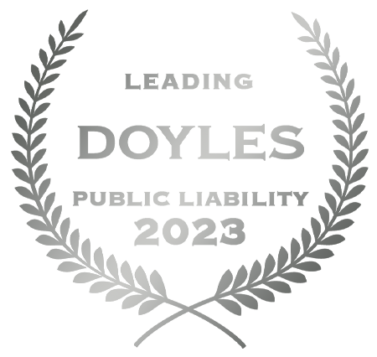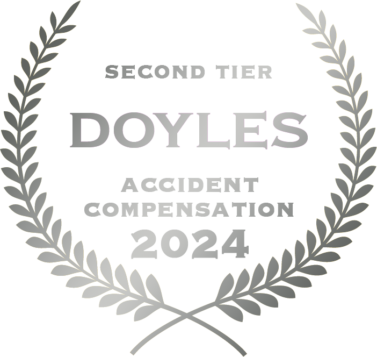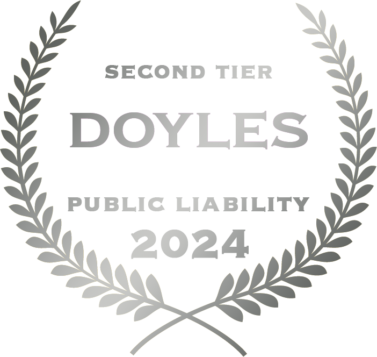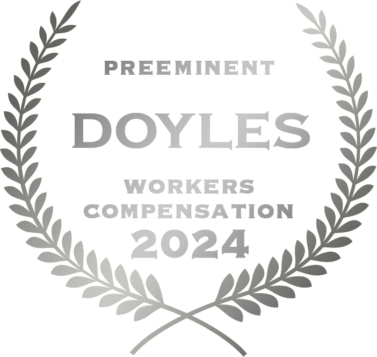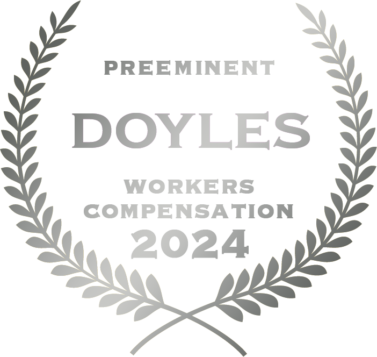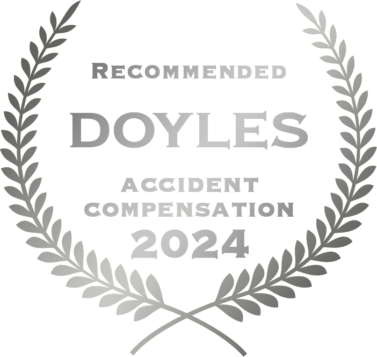
Unable to Work Due to Mental Health? Your Rights.
If mental health stops you working, compensation benefits and lump sums can give you life-changing relief from financial stress. But many people with mental health issues don’t understand what they can claim or fail to claim lump sums they’re entitled to.
It can also be hard to prove what caused your mental health condition, leading many people to assume they can’t make a claim.
This article will guide you through:
- What payments you may be able to claim, including any lump sums
- How to find out how much you can claim
- How to get help with your claim

Unable to work due to mental health – what you need to know.
If you’re unable to work due to mental health, it’s likely you fall into one of the following three categories (click on headings 1 or 2 to jump to those sections):
1. You can’t work because of a mental health issue that was caused by your job.
There are particularly high rates of work-related mental health issues among police and emergency service workers. But regardless of your occupation, workers compensation benefits and lump sums may be available to you if your job has caused or contributed to your mental health problems.
2. You can’t work because of a mental health issue that wasn’t caused by your job.
Your mental health condition doesn’t have to be caused by your job to qualify for compensation; there’s a wide range of causes that qualify.
3. You can’t work because of a mental health issue, but you’re not sure what caused it.
You may not know what has caused your mental health condition, but that doesn’t mean you can’t claim compensation. A specialist personal injury lawyer can help you get a medical diagnosis that includes the likely causes and the extent to which your job has contributed to your mental health issues.
If it seems likely you can make a claim, we can fund the medical assessments for you and manage your claim, and you only need to pay us if we win your case and you receive your compensation.
Call 13 15 15 or chat to us now for free advice
Chat nowFind out how much you can claim.
Get startedI can’t work because of a mental health issue caused by my job. Can I claim?
Work-related mental health issues are regarded the same way as physical injuries at work; if your job caused your mental health issues that stop you from working, it’s very likely you can claim workers compensation.
Here are some examples of work situations that can lead to a mental health-related workers compensation claim:
Bullying and harassment.
According to Beyond Blue: ‘Workplace bullying is repeated, and unreasonable behaviour directed towards an employee or group of employees, that creates a risk to health and safety.’
Ask yourself:
- Have you had abusive or offensive language or comments directed at you?
- Have you experienced aggressive and intimidating behaviour?
- Have people made belittling or humiliating comments to you? Do you feel like you’ve received unjustified criticism or complaints?
If you answered yes to any of these questions, and you’ve been repeatedly subjected to the behaviour, it’s likely you’re being bullied.
Witnessing traumatic events.
Witnessing traumatic events like car accidents can lead to conditions like PTSD. PTSD claims are more common with police and emergency services workers, but regardless of your job, if you’ve been diagnosed with a condition like PTSD caused by your job and it has stopped you working, you can claim workers compensation.
Work-related stress.
If you’ve been diagnosed with a qualifying stress-related condition, which is referred to as a psychological injury, you may qualify for workers compensation. As a first step, your GP will need to correctly diagnose your psychological condition on your certificate of capacity – for example, ‘Adjustment Disorder’.
If you’re unable to work because of a mental health issue caused by your job and you’re not sure where to start with making a claim, you can call 13 15 15 and get free legal advice over the phone.
I can’t work because of a mental health issue that’s not related to my job. What can I claim?
A range of benefits are available depending on what’s causing your mental health issues. Here’s an overview of your options:
Mental health problems from an accident injury.
If you’ve been injured in an accident and your injuries have caused mental health problems, you’re generally eligible for compensation in the following circumstances:
- Your injuries were caused by a motor accident, as a driver, passenger, pedestrian or rider.
- You were injured on public transport
- You were injured in a public place like a supermarket
- Your injuries were caused by medical negligence
If you think you might fall into one of these categories, you can call 13 15 15 to find out if you qualify for compensation benefits or lump sums. It’s a free service.
Witnessing a traumatic accident.
If you’ve witnessed a traumatic motor accident and this has led to mental health issues that stop you from working, it’s likely that you qualify for compensation.
Diagnosed with a mental health condition, not caused by a specific accident or traumatic event.
If you’ve ever had a superannuation account, then it’s likely that you have Total and Permanent Disability (TPD) cover built in. This is an insurance policy that pays you a lump sum if you’re unable to work for three months or more due to any illness or injury, regardless of whether it’s work-related.
For more information, read our TPD claims guide, or call 13 15 15 to find out whether you have TPD cover. It’s a free service.
How much can I claim?
As an example of a PTSD compensation calculation, let’s look at the case of a police officer. After more than 20 years in the NSW police force, the officer developed PTSD from the cumulative effect of attending violent crimes and traumatic car accident scenes.
After months of struggling with anxiety and needing significant time off work, he was eventually diagnosed with PTSD and assessed as having a whole person impairment rating of 30%.
The officer also had a TPD (total and permanent disability) insurance policy connected to his super fund, which paid him a lump sum as he was no longer able to work as a police officer.
His total compensation was:
| Compensation Payment | Amount |
| Weekly benefits (lost wages and treatment expenses) | $186,500 |
| Permanent impairment lump sum | $86,370 |
| Work Injury Damages lump sum | $300,000 |
| TPD insurance lump sum | $280,00 |
| Total PTSD compensation payout | $852,870 |
For more information on mental health-related compensation payouts, refer to our guide to compensation payouts for psychological injury.
Getting help with your mental health claim.
Being unable to work because of mental health issues can be incredibly stressful, but there’s a wide range of compensation options that may be available to you. Law Partners is Australia’s largest specialist personal injury firm, and we’re here to help. Our no win no fee lawyers get to know you personally, and we win over 99% of our cases.
Related articles.
Do I have a case?
Our senior lawyers will assess your case for free.



